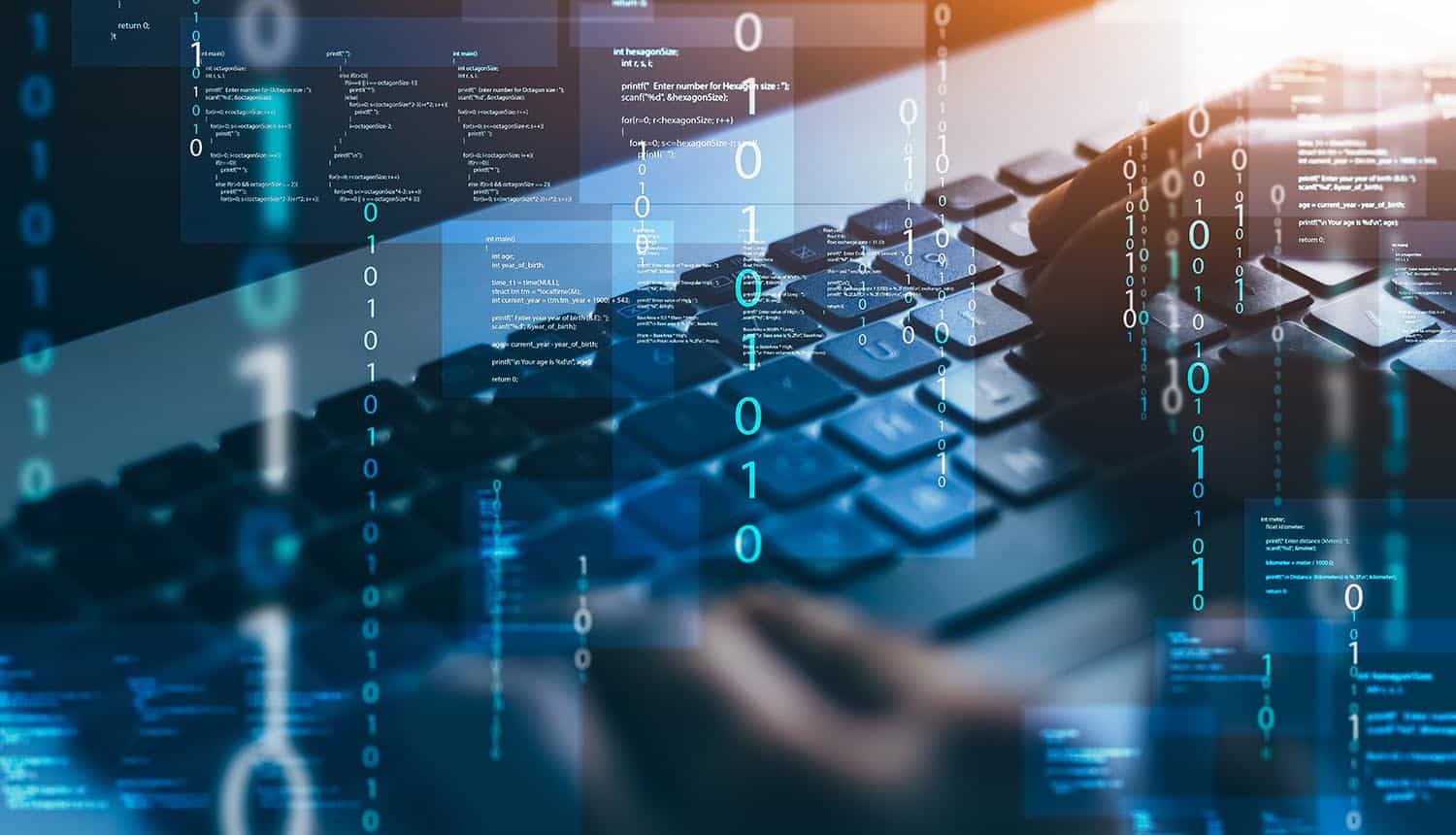Gemalto, a well known security firm has revealed information that around 1 billion data records were stolen last year in more than 1500 security breaches from many different data centers all over the globe. According to the company report, there were 49% more data breaches last year and clearly the security has become one of the biggest concerns of IT industry. Couple of weeks ago, Kaspersky Lab published a report claiming that hackers have stolen $1 billion from 100 different banks in 30 different countries including USA, Russia, and China.
Recently around 80 million data records were stolen from well known health insurance company Anthem. According to the report, the motive behind these data breaches is about identity theft rather than financial. Data breaches and other similar attacks are usually done to get personal information, credit cards details and most commonly social security numbers. Obviously the increment in this kind of data breaches reflects what tactics cyber criminals are using nowadays to get financial benefits as well as other critical information too.
Attackers and criminals can create false identities using those stolen social security addresses and other personal information; they can use those identity from more nefarious purposes and that is a major concern for the security companies as well as for the victims. According to the report by Gemalto, 78% more data has been stolen this year as compared to the last year and this trend is not going to stop in the near future as hackers are now more advanced than ever. Anthem confirmed the data breach and loss of critical data recently and it might be the biggest cyber attack on health sector.
Attackers not only got access to information about 80 million customers but they got information about company’s employees too. US law enforcement authorities are currently investigating this breach and according to the company, those records contain personal information including names, addresses, date of birth, social security numbers, email addresses and medical IDs. Company neither confirmed nor denied that attackers got financial information or medical history of the patients but we cannot rule out this possibility.

